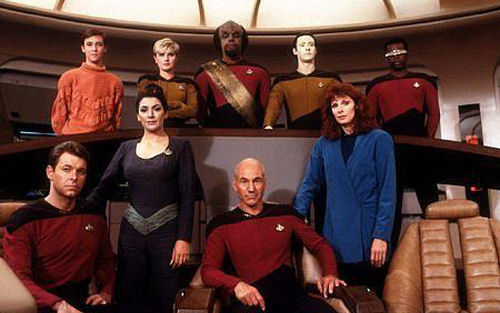Re: The New Movies Yay or Nay
Actually no. I am eating some now for lunch. Talking about it for 3 days has really given me a taste for it.
I don't order mac and cheese in restaurants and I'm unsure what premium mac and cheese is. My mac and cheese litmus test is what my mother made from scratch.
Anything that is made in a restaurant or at home. My mom made mac and cheese a few times and I just didn't like it. I have had it other places, parties etc. and didn't like it. I don't know why but I just like the boxed stuff better. One of the only foods that I like better from the box actually.
All the chemicals from the boxed stuff has destroyed your taste buds.
Actually no. I am eating some now for lunch. Talking about it for 3 days has really given me a taste for it.




